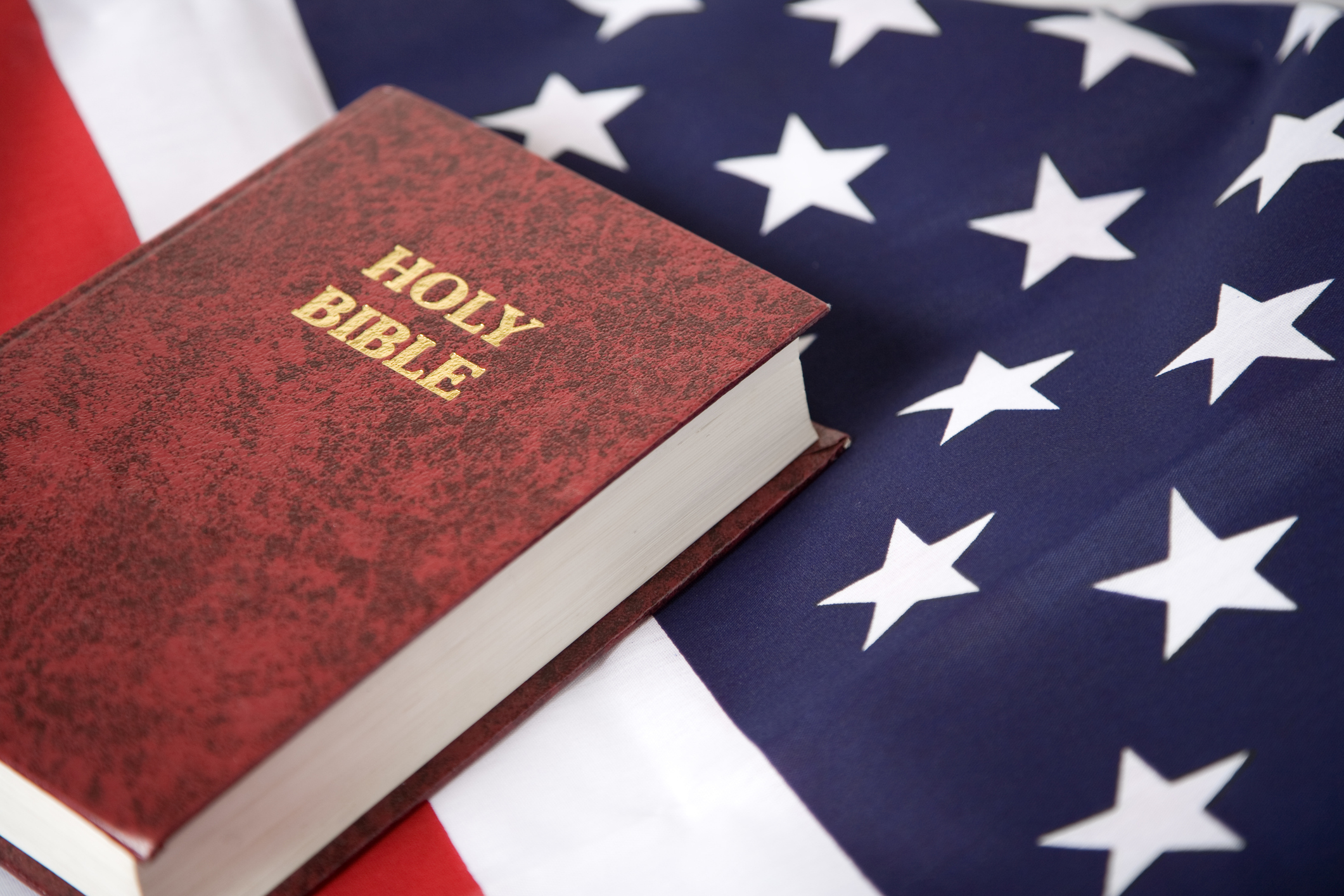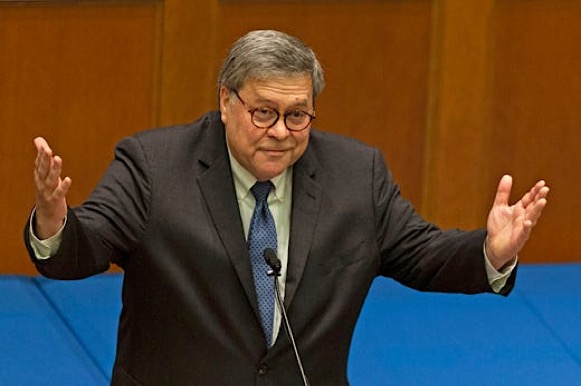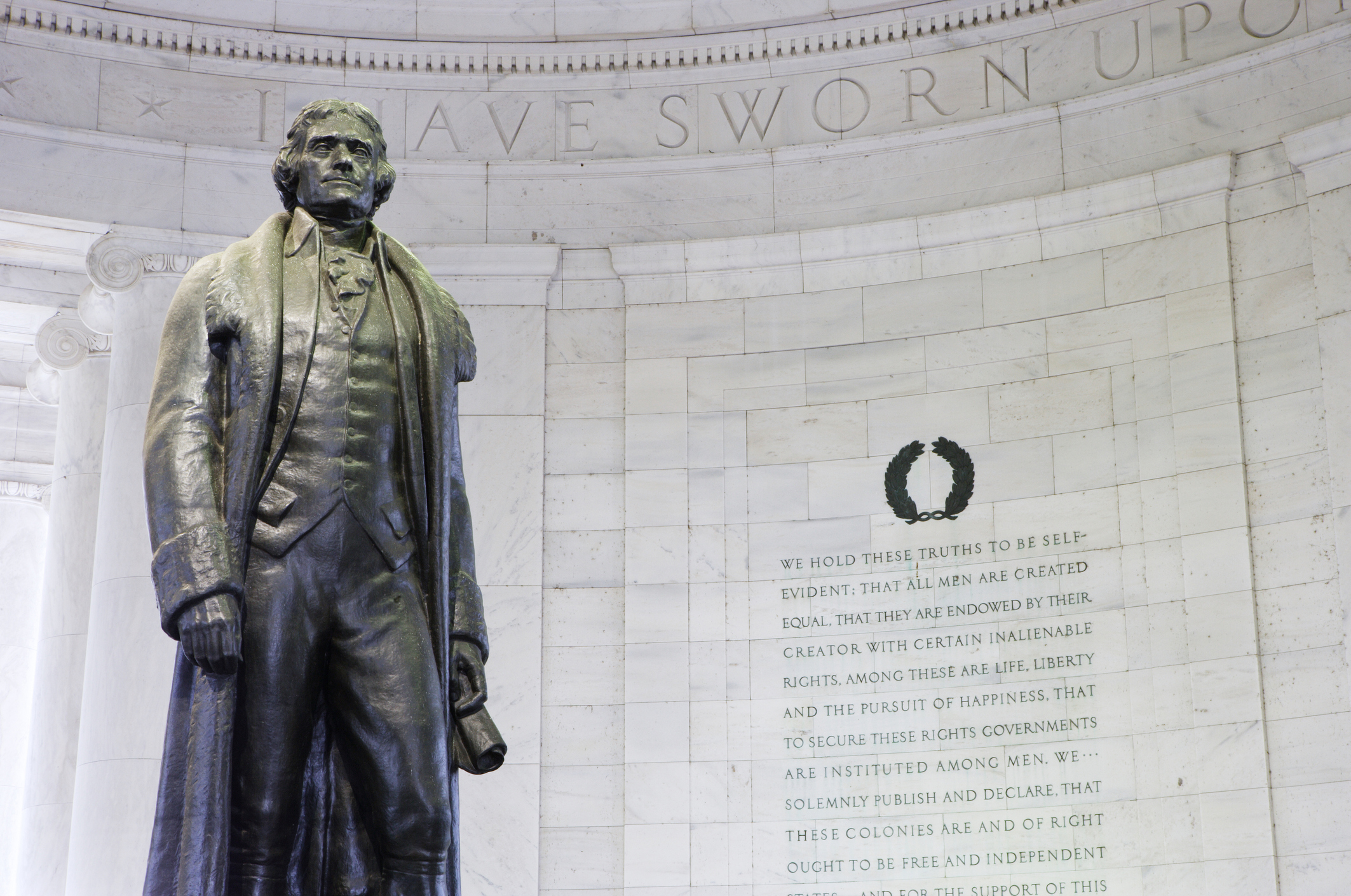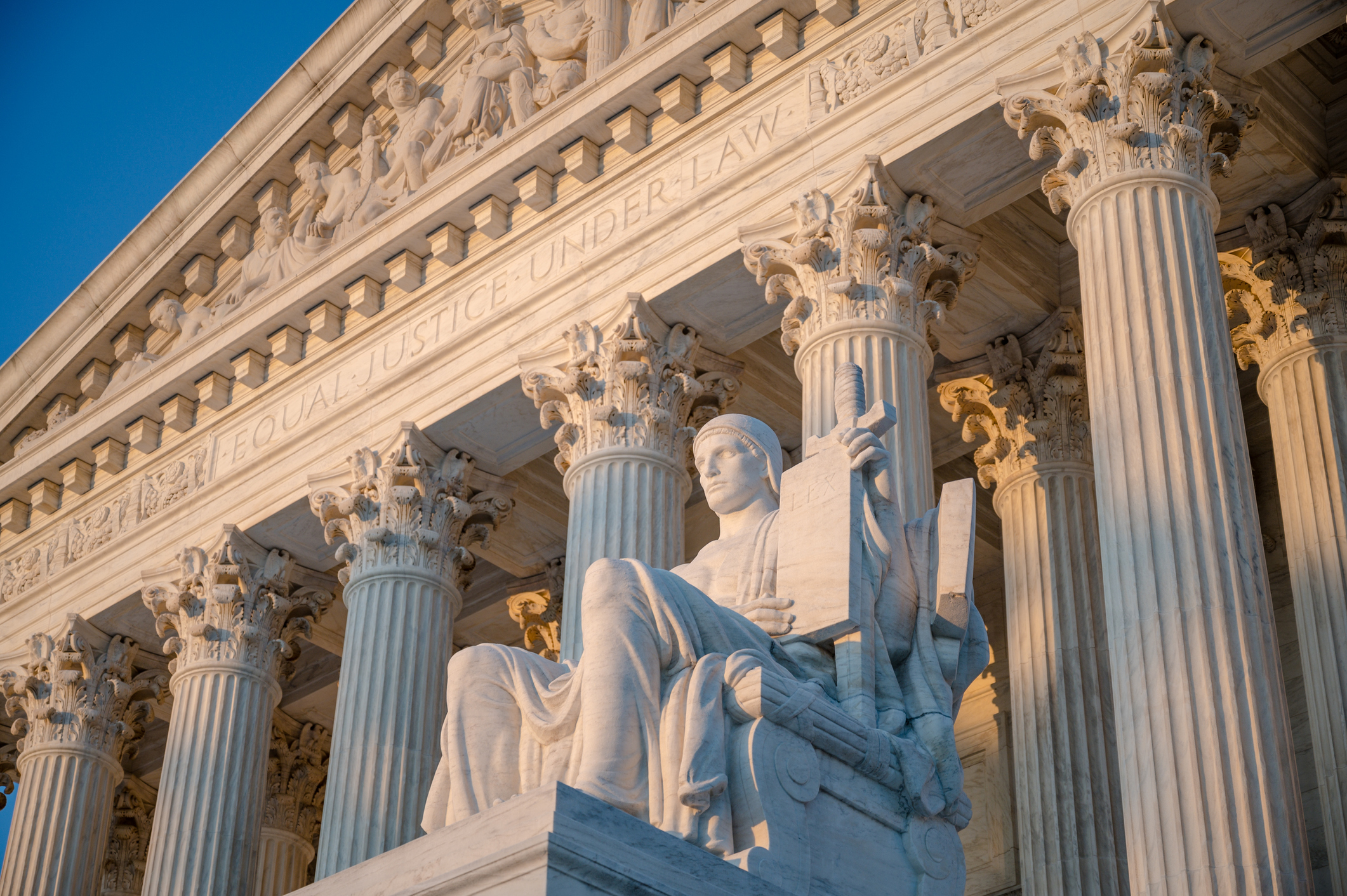The radical Left’s war against John Eastman and other Trump lawyers.
Protecting Church from State

An Ohio pastor is seeing firsthand how government can violate the free expression of religion.
Bryan, Ohio, is a fine small town. It’s the kind of place where holiday dinners are potlucks, featuring several versions of homemade meatloaf and bean casserole, and the cooks silently watch to see which desserts are gone first. It’s as flat as a sheet of plywood, and the wind bites bare skin in the winter.
Dad’s Place, a storefront church run by Pastor Chris, occupies an old building a few doors down from the county courthouse. It looks like plenty of other businesses that haven’t yet spruced up their early-20th century buildings. Mentally ill and homeless people shelter in the church, which is open 24/7—but the day of my visit, the local City Hall got a court order to shut it down. The temperature dipped to 16 degrees that night.
Pastor Chris founded Dad’s Place years after his conversion to Christianity in mid-adulthood, after which he entered ministry. He describes his reluctant conversion this way: “It was like a nuclear bomb went off. I can’t describe it—nothing around me happened, I didn’t hear a voice or anything like that.” His eyes welled up at the memory. “But everything changed in that moment.”
Inside of Dad’s Place, there’s a front room that faces the street, with just a table and some chairs. Anyone can walk in off the street. There’s always a live or recorded sermon playing for customers.
In the back is a large industrial-looking room with concrete floors where the church meets. Church members volunteer to care of the people who come in—some mentally ill, some homeless and hungry, some addicted. Some walk in, some are brought there by police. There are no beds or cots, but more than one person has fallen asleep sitting in a warm room listening to a sermon—which is not so different from the churches where the well-washed pay their Sunday obeisance.
But Bryan’s mayor does not like Dad’s Place and has mounted a year-and-a-half battle to close it down. The police stopped bringing people. Instead, City Hall sent fire inspectors, zoning inspectors, building code inspectors—all the petty tools it has to express its displeasure with unfavored members of the community.
Pastor Chris and Dad’s Place have been ably defended by First Liberty and two private law firms, Taft Law Firm from Cincinnati and Spengler Nathanson from Toledo, on a pro bono basis (the Latin phrase does not mean “free”—though the client doesn’t get charged; it means “for good”).
This is a battle over the First Amendment and freedom of religion. Pastor Chris keeps his church open to anybody, all the time, because he believes the words of Jesus as recorded in the 25th Chapter of Matthew’s Gospel: “What you do for the least of these, you do it for me.”
Pastor Chris was in court the first week of December to be tried for a criminal violation of the fire code. He could go to jail. His lawyers believe he is the first person ever to be criminally tried for a fire code violation in Bryan—such things are almost universally handled by a citation, or a civil lawsuit.
The trial produced testimony that the city waives code requirements for older buildings when it is economically burdensome to a business. But it won’t waive it for a church that is trying to live out its faith among the most marginalized people in the community.
At the end of the trial, the judge asked for a briefing on the First Amendment defense raised by Pastor Chris, and deferred ruling from the bench.
I visited Dad’s Place later the week Pastor Chris was on trial. After listening to his story and asking some questions, we moved to the back room where I met the members of his church who help him keep the place open around the clock, and some of the people who find a safe place in the church.
I met a woman sitting at one of the tables with a stack of papers. She flinched ever so slightly when we shook hands, as though human touch had been harmful to her at some point in the past. When I asked about her paperwork, she told me she was looking for a job.
We chatted for a few minutes. Some of her words were out of order or jumbled, but she made herself understood. When I got up from the table, Pastor Chris took me aside and told me that the woman had been coming for about two months. “When she came here, she was non-verbal,” he told me quietly. “She couldn’t even have a conversation.”
I notice a young woman seated behind a computer. She spoke at first in very short phrases and told me that she did graphic design. I asked her if I could see any of her work. She pulled out her phone, swiped several times through various pieces, and then displayed a picture that looked like a photograph of a masterpiece oil painting. I asked her how she had made the image. She began speaking in complete sentences, explaining the software she had used to create it, and that it had taken her two months. It was fabulous.
Having a schedule to keep, I took a photo with Pastor Chris and his family and moved on. That evening, at a Christmas party several counties away, I was told that a different judge in a civil case against Dad’s Place had issued an order that would effectively close it immediately.
There were multiple problems with that order. There was no immediate harm happening that had not been happening for months during the entire pendency of the case. The order did not preserve the status quo during the proceedings, but rather upended it.
One judge, having heard the case and the arguments over religious liberty, had slowed everything down, wanting to get it right. But another judge swung into action and rushed in.
I asked Elliot Gaiser, Ohio’s Solicitor General, to file a friend-of-the-court brief with the trial court in support of Dad’s Place, asking the court to stay its order. The trial court responded by setting a hearing in ten days. There will be further appeals, and Ohio will defend the state and federal guarantees of freedom of religion.
Pastor Chris stayed up all night, preaching to his small congregation, doing “church stuff,” and keeping people off the streets for one more night. But the government should not get a say in what is “church stuff”; it doesn’t get to decide that preaching is OK, but sheltering the homeless is not. And it doesn’t get to grant waivers to secular businesses but single a church out for strict enforcement.
Thomas Jefferson wrote about a “wall of separation between Church and State” to describe the operation of the First Amendment’s Free Exercise and Establishment clauses. The phrase appears nowhere in the Constitution or the Declaration—but if it means anything, it means that the Church is behind a protective wall that the State may not climb over or go around.
The American Mind presents a range of perspectives. Views are writers’ own and do not necessarily represent those of The Claremont Institute.
The American Mind is a publication of the Claremont Institute, a non-profit 501(c)(3) organization, dedicated to restoring the principles of the American Founding to their rightful, preeminent authority in our national life. Interested in supporting our work? Gifts to the Claremont Institute are tax-deductible.
Appraising Attorney General Barr and his critics.
Weaponizing American privileges to own America.
Our rights had to come from somewhere.
We can’t count on the Supreme Court.
We must take the greatest pride in “the name of American.”






